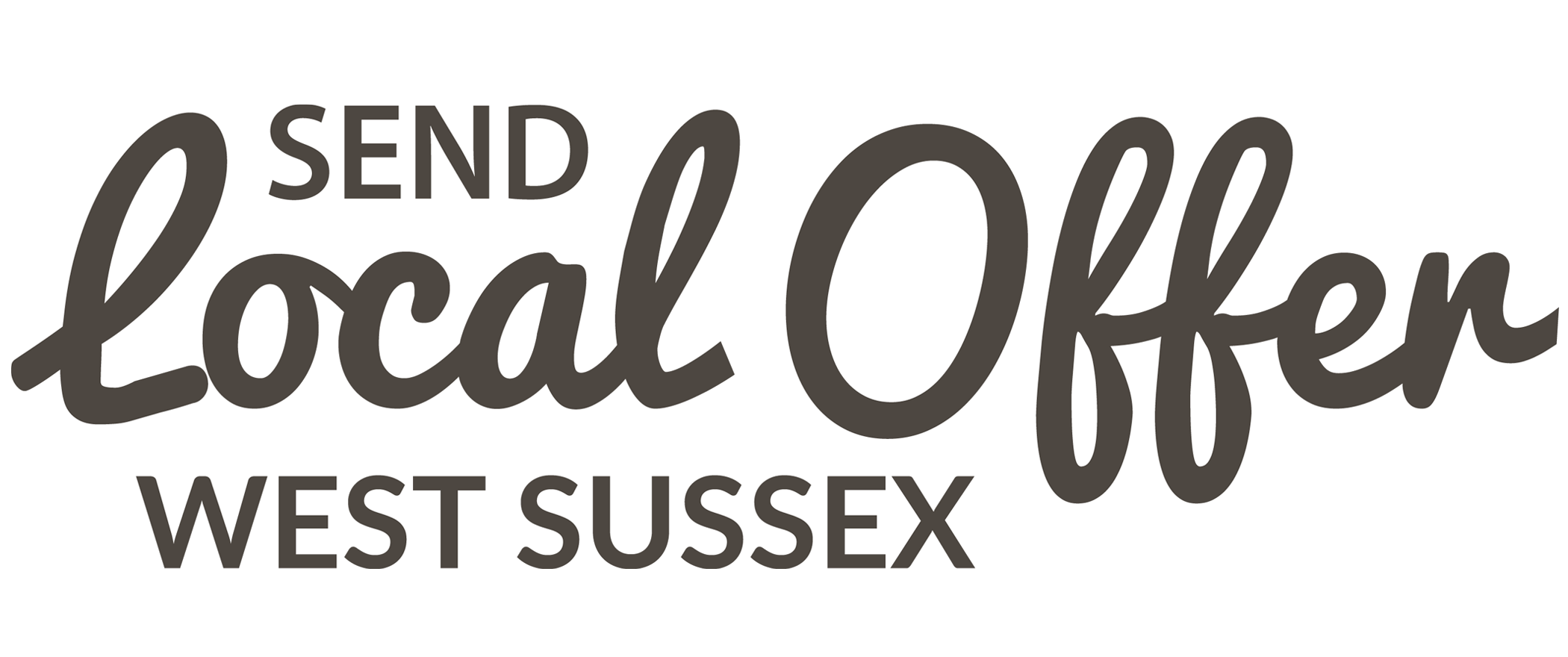Personal budgets
A personal budget is an amount of money identified by your local authority. It's used to deliver parts of the provision set out in your Education, Health and Care Plan (EHCP).
A personal budget is an amount of money identified by your local authority (LA), used to deliver parts of the provision set out in your Education, Health and Care Plan (EHCP). A personal budget gives you the flexibility to choose which services and support you may need.
Personal budgets can only be used to fund the support set out in an EHCP. This must be agreed by the LA for education and care support, and by the health authority for the health provision.
The money is not the total support that is available to a child or young person. For example, it does not include the cost of the school place. It also does not include existing targeted support provided by a school, such as learning support.
"Our aim is to enable all children to achieve their potential and enjoy happy and fulfilled lives"
Who personal budgets are for
A child or young person may be eligible for a personal budget when they have a learning difficulty or disability as set out in the Special Educational Needs Code of Practice.
It is usually the parents or carers who manage the budget – particularly for children under the age of 16.
Young people aged 16 to 25 may choose to manage their own budget if they are able to, or use a third party on their behalf.
How to request a personal budget
Personal budgets can be specified as part of an EHCP.
Parent carers of a child or young person with an EHCP can request a personal budget either when the draft EHCP is issued, or during the Annual Review process where a plan already exists.
You can find out more and make a request by emailing your planning coordinator. Include details of the support or provider you would like to use. You should also specify how you feel it would help your child or young person achieve specified ‘outcomes’ in their EHCP.

